Key Takeaways
- Khapli Atta can be organic, not always certified.
- Organic Khapli supports sustainability and soil health.
- Certification marks ensure Khapli is organic.
When you’re switching to a healthier option like Khapli Atta, it’s natural to wonder that is it organic? After all, with all the focus on cleaner, more natural foods these days, it’s important to know what you're getting.
Let’s dive in and clear it up.
It Can Be But Not Always
The answer is that Khapli Atta can be organic, but not all Khapli Atta is necessarily labelled as such. Some brands do source their Khapli from certified organic farms, where the wheat is grown without synthetic pesticides, fertilisers or chemicals. So, if you’re specifically looking for an organic option, be sure to check the label for an organic certification.

Why Go Organic?
If you choose organic Khapli, you’re getting flour that’s grown with more natural practices. Organic farming focuses on sustainability, soil health and avoiding harmful chemicals. This means your flour is as clean and natural as possible. Making it perfect if you’re focused on what goes into your body.
Where to Find Organic Khapli?
As demand for organic products increases, more brands are starting to offer certified organic Khapli Atta. Look for trusted organic certification marks on the packaging if you want the peace of mind that comes with knowing your flour was grown without synthetic additives.

Final Thoughts
So, is Khapli Atta organic?
It can be, depending on the brand. If organic is important to you, always check for the certification on the packaging. Whether it’s organic or not, Khapli is a wholesome, nutrient-packed choice for anyone looking to eat cleaner.
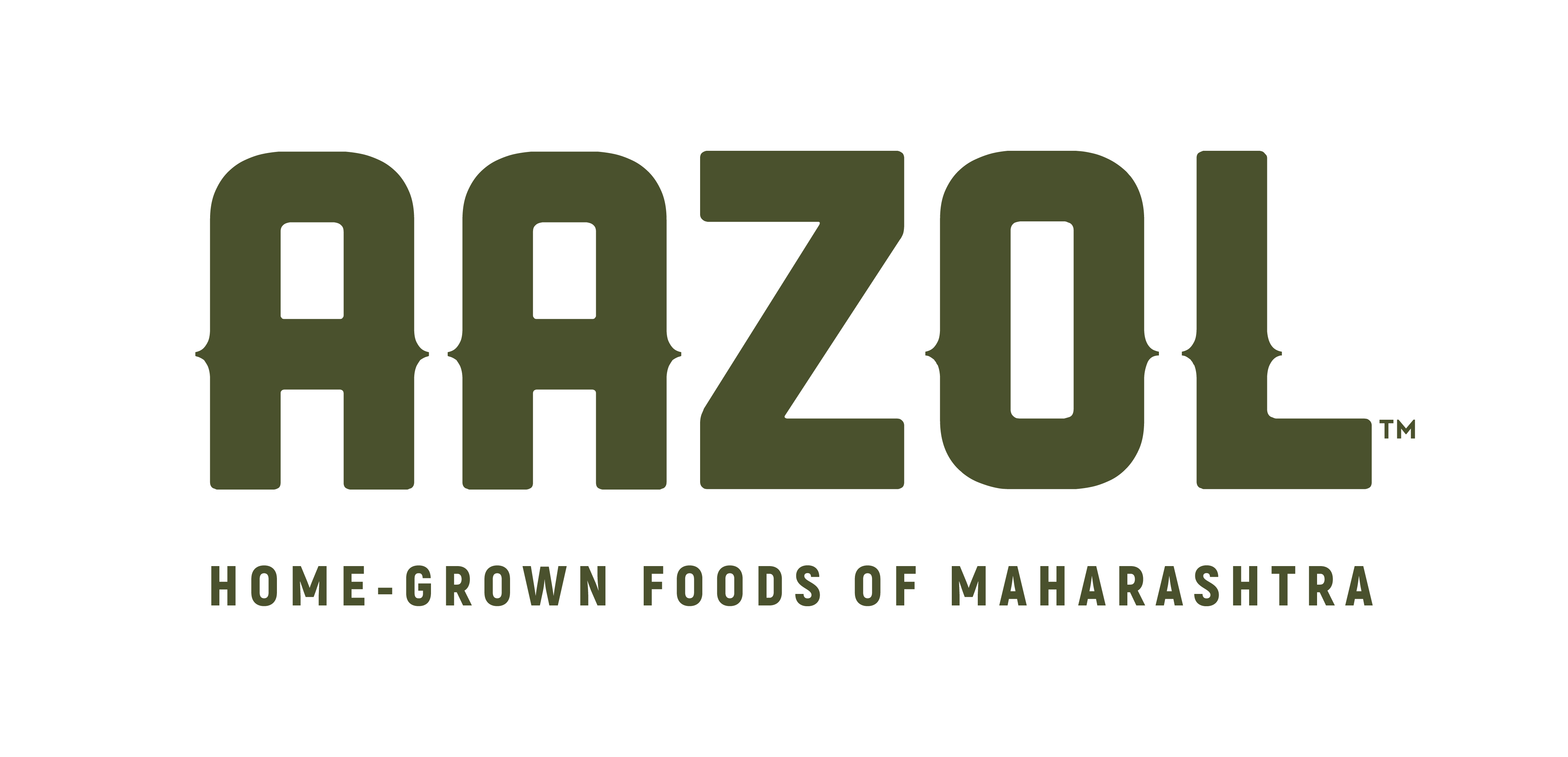



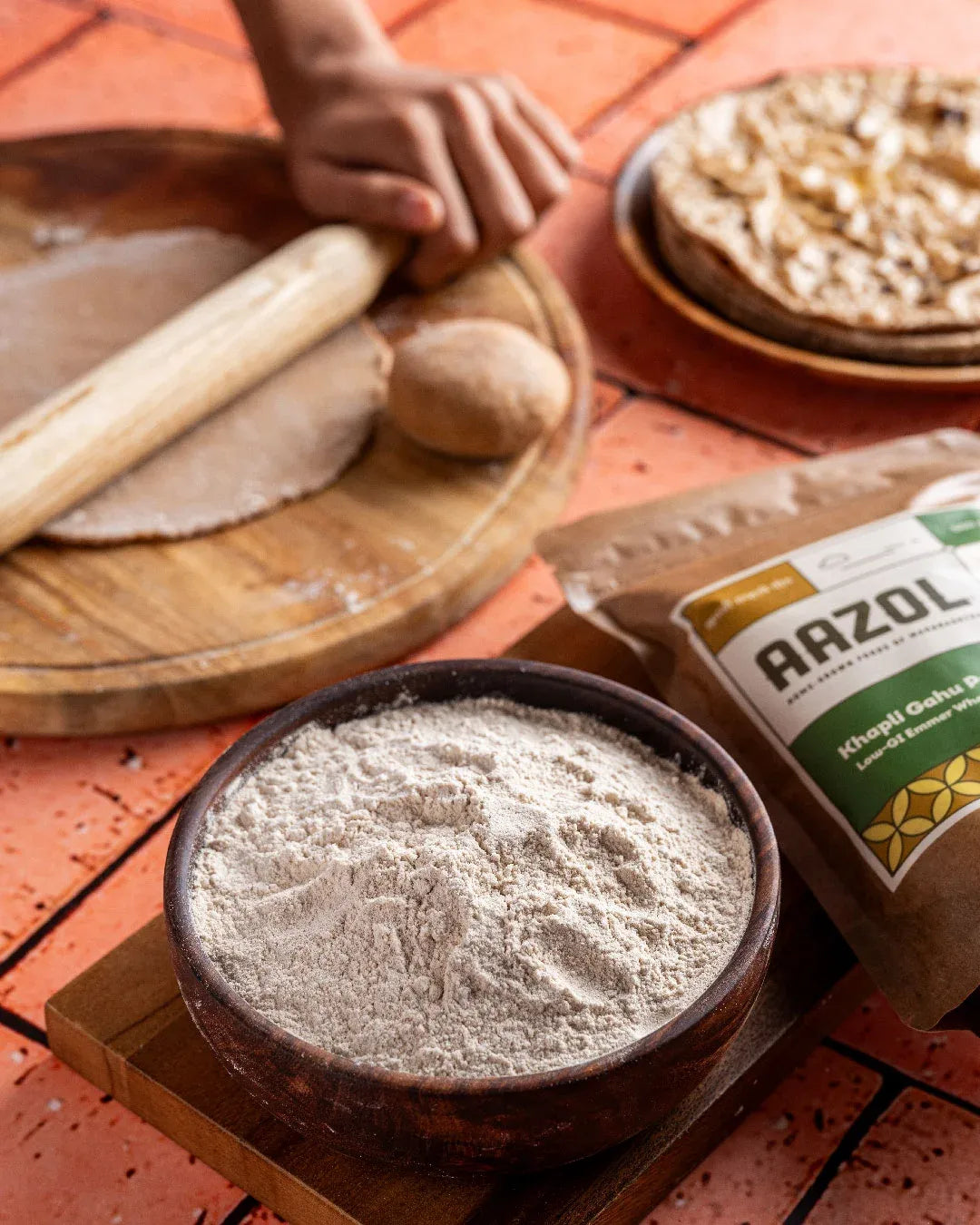


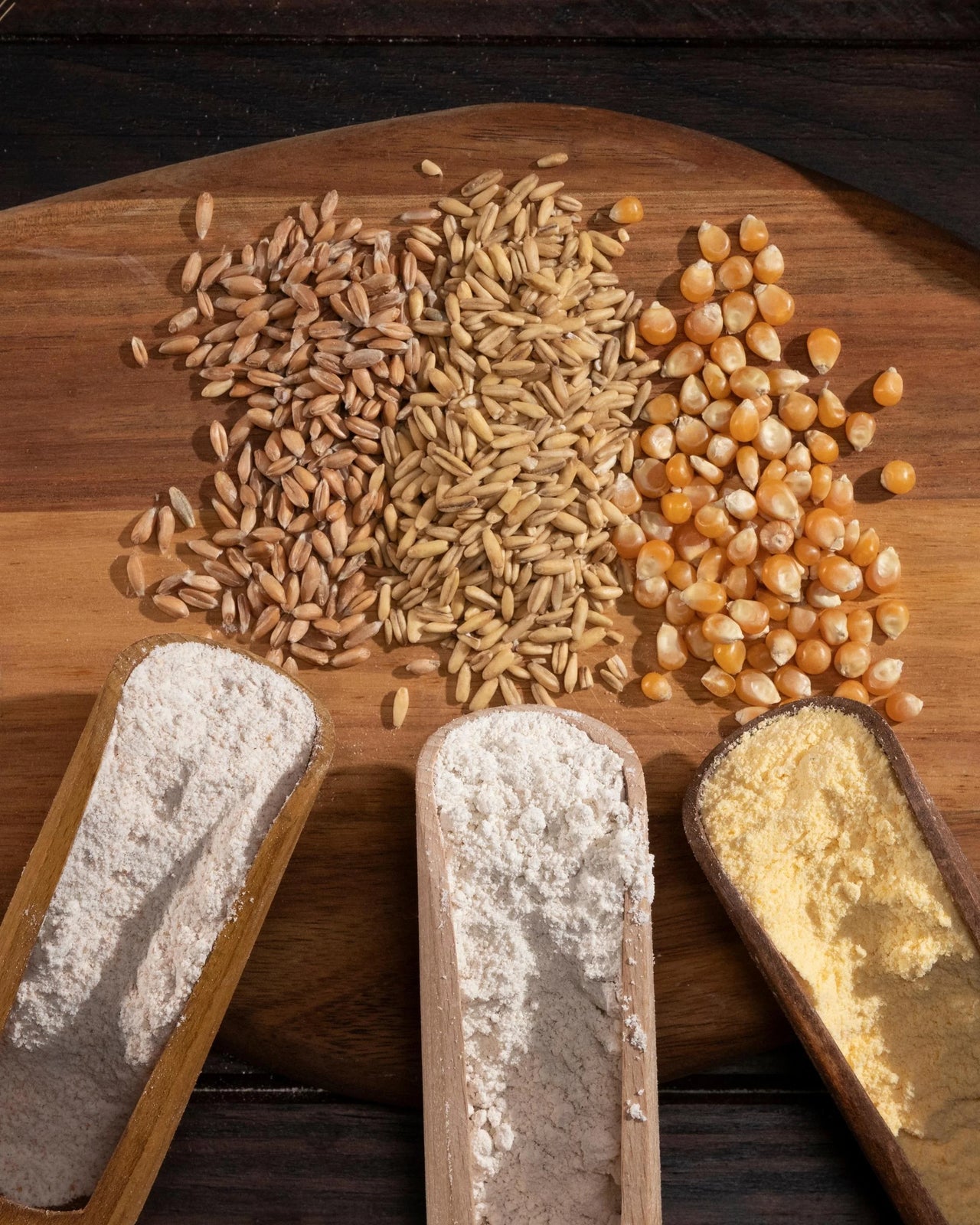






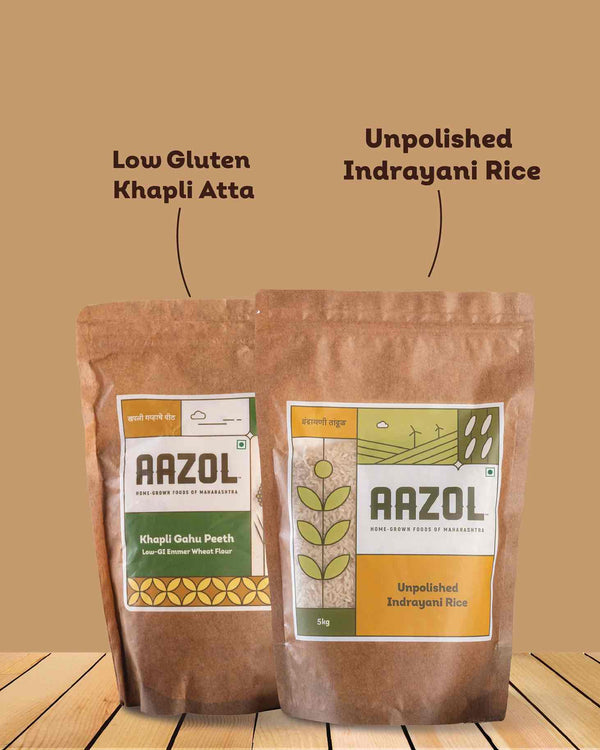
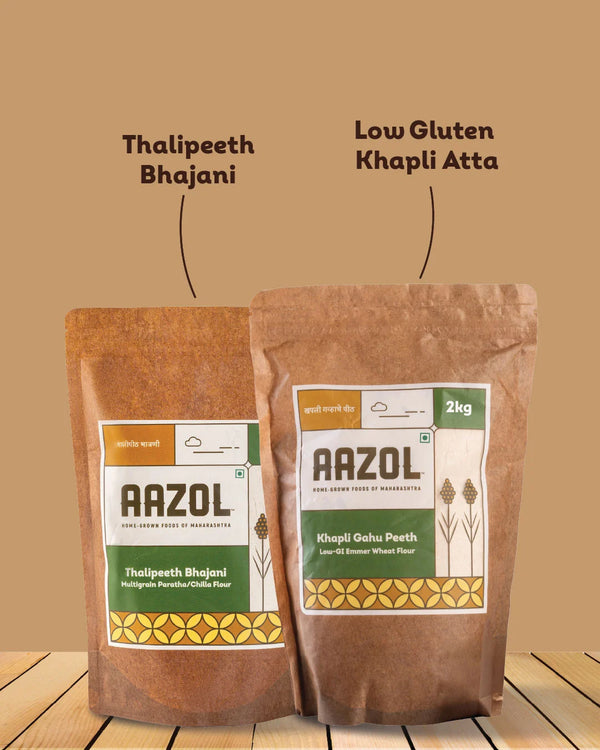

Comments (0)
Your comment may be featured to help others on a similar journey